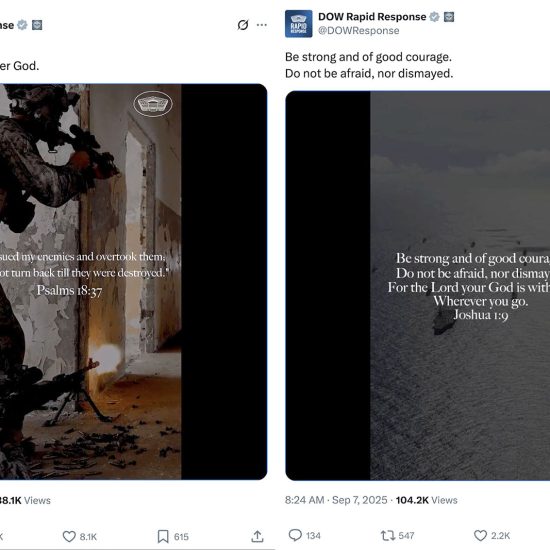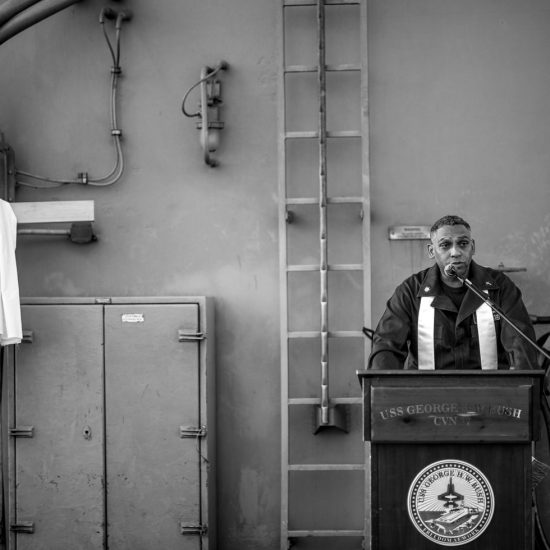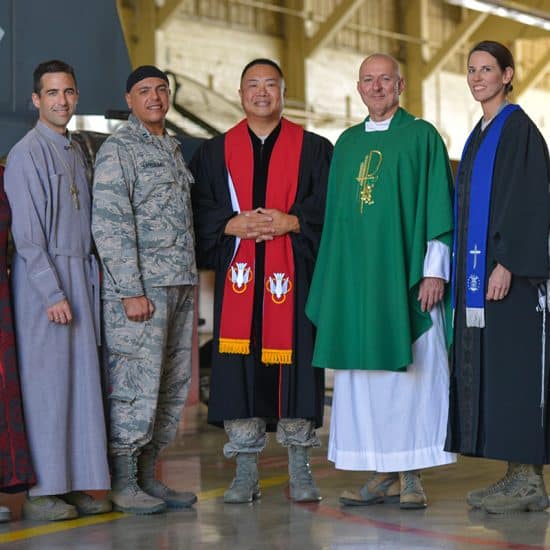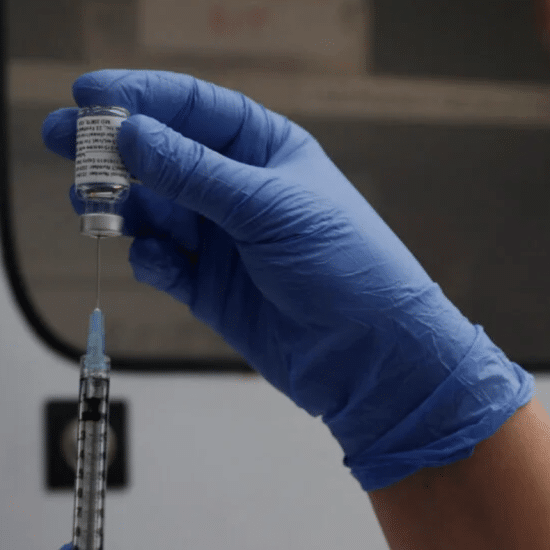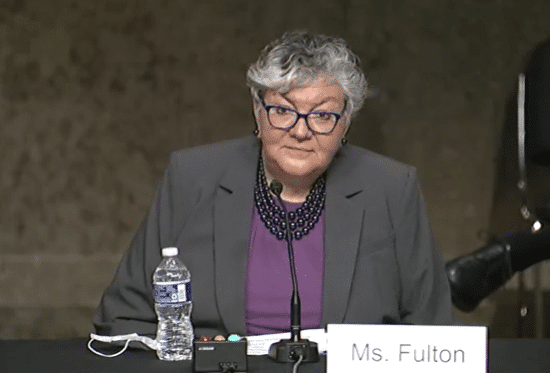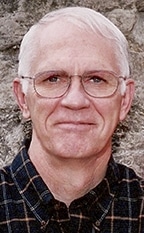
Chaplains —- military, medical and others —- work hard and sometimes can feel isolated in ministry. James Layman feels called to help change that in the Midwest.
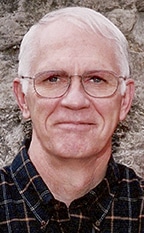
James Layman
All active, retired and volunteer chaplains, including those who have not been endorsed by any specific organization, would be welcomed, he said.
Serving on the Cooperative Baptist Fellowship Heartland Coordinating Council for about three or four years, the now-retired chaplain had talked with Coordinator Harold Phillips about the number of CBF chaplains in the region.
At CBF Heartland’s annual business meeting in 2013, someone pointed out the number of chaplains in the room. Layman learned that at least three of them were interested in working together.
Because he is retired, he has taken the lead in forming the network.
He sees the network as a means for chaplains to share with one another and to be part of a larger purpose through ties with national CBF. “There is a desire to be part of something larger…because you can sometimes feel isolated,” Layman said.
Not only will the network allow connections among themselves. Layman sees it as a way to connect with local churches.
“Chaplains have a lot to offer…that they can bring to local churches that are in this larger network of churches [CBF],” the longtime chaplain explained.
Layman felt God’s call to ministry as a young man. Because he was in college and seminary during the Vietnam era, military service was deferred. “But I felt the need and obligation to try to go, to try to serve,” he said.
Endorsed by the Southern Baptist Convention, Layman applied and was commissioned for U.S. Army chaplaincy service. But at the time, the military set quotas for each endorsing body, and the SBC already had reached its quota. So he joined the Kansas Army National Guard.
Also a pastor, Layman completed the Doctor of Ministry program at Midwestern Baptist Theological Seminary in Kansas City, Mo.
He chose to do clinical pastoral education and a year of training at Baptist Medical Center in Kansas City. After graduation, he received a call from Missouri Baptist Medical Center in St. Louis, inviting him to serve as chaplain.
Layman’s call to the chaplaincy “had to do primarily with my own sense of meeting my own spiritual needs and finding a good fit for my own spiritual gifts,” he explained.
Though he had a “great experience” as an SBC-endorsed chaplain, he switched to CBF through the influence of George Pickle, who had led chaplain endorsement for the SBC, and of Kirkwood Baptist Church in Kirkwood, Mo.
Kirkwood was among the first churches to affiliate with CBF when the national body formed in 1991. Pickle left the SBC to take on a similar role with CBF. He retired in 2013.
Layman credits Pickle’s “influence and help” to make the transition to CBF. “I saw the emphasis CBF was making…and made the switch,” Layman said.
The longtime chaplain served with U.S. Army Reserve and National Guard units for 22 years and with hospitals for 29 years.
Layman hopes to officially launch the Midwest chaplaincy network this fall with an event and speaker.
Then, he hopes to set up a training or educational meeting at least once each year as a means to help provide the continuing education credits organizations and institutions require of chaplains.
Those interested in more information can contact Layman by email at james.layman@sbcglobal.net or by phone at 314-822-1371.

